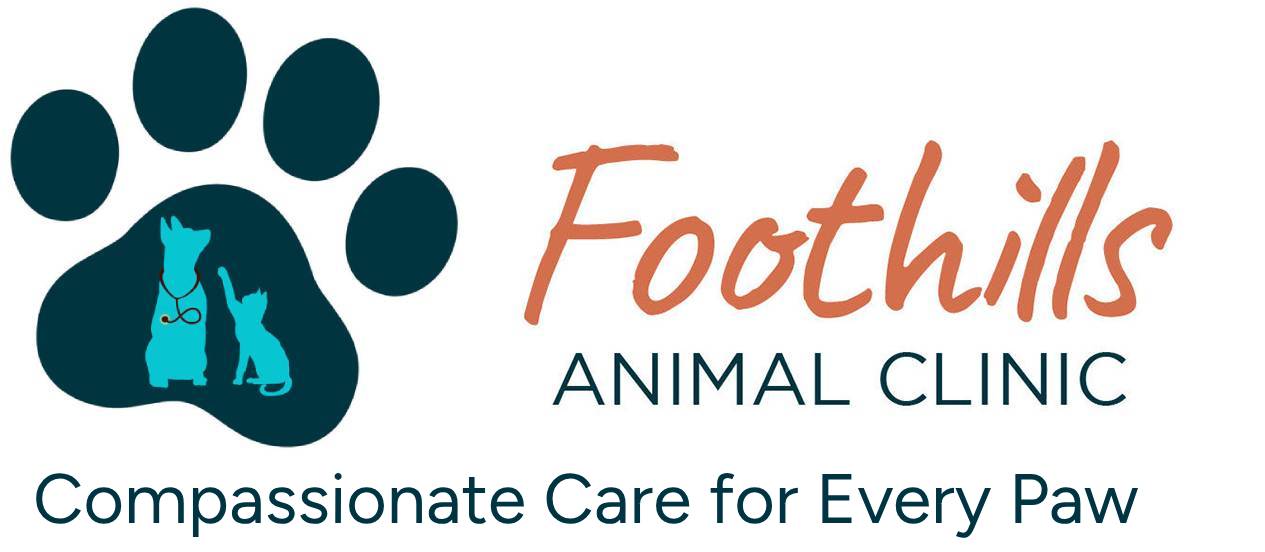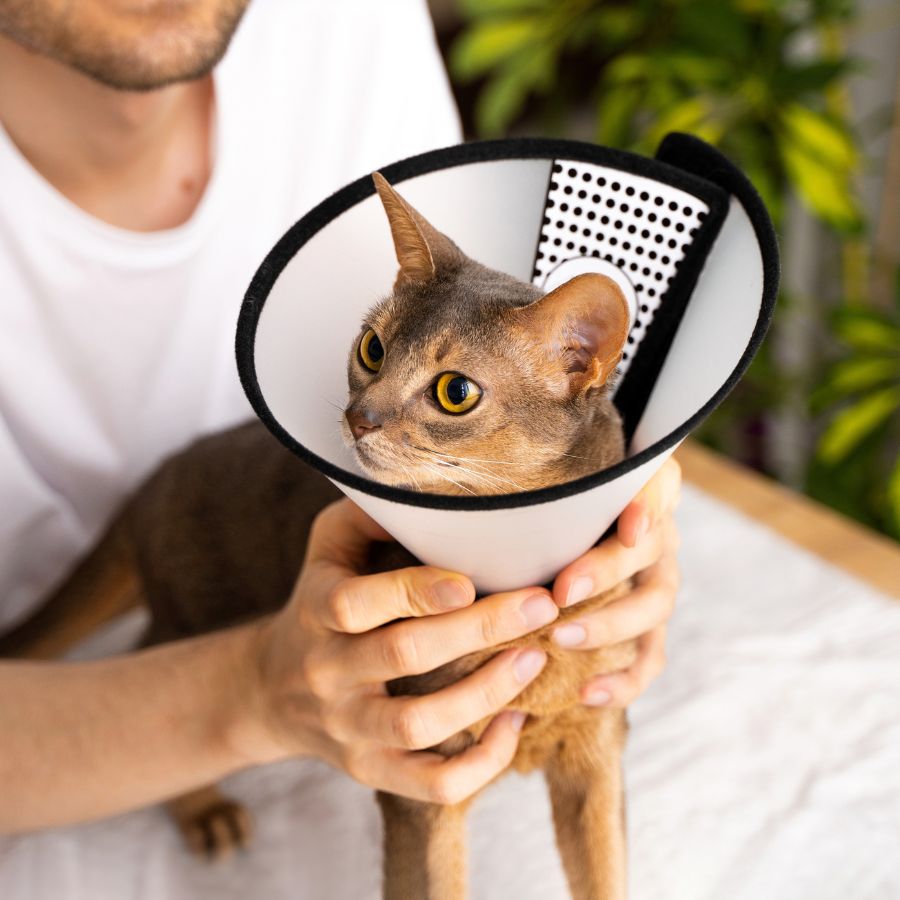Pet Surgical Services in El Paso, TX
We understand that surgery can be a scary topic for many pet owners. Rest assured that your pet is in good hands at Foothills Animal Clinic. We perform spays, neuters, orthopedics, and soft tissue surgeries with an emphasis on precision and patient comfort so your pet can recover quickly and without complications. Please read our surgery FAQs for any questions or concerns you may have.
Surgery
We take immense pride in our highly skilled ability to perform veterinary surgeries when your pet needs it most. Our experienced team makes it their number one priority to focus on pain management, patient safety, and employing the most current surgical practices to ensure your pet receives the best veterinary care around.
Our team will be working with you before, during, and after surgery to address any questions or concerns you may have about the procedure, anesthesia, or post-operative care. We will make sure you are equipped with all the knowledge you need in order to make sure your pet makes a full recovery.
When your pet is ready to go home, we will review your post-operative care and medication instructions. If any questions arise after your pet returns home or at any other time during the post-operative period, call us. We welcome your questions and will do all we can to help your pet recover fully. Help is only a phone call away.
What You Need to Know Before Your Pet’s Upcoming Surgery
Many people have questions about various aspects of their pet’s surgery, and we hope this information will help. It also explains the decisions you will need to make before your pet’s upcoming surgery.
Is the anesthetic safe?
Today’s modern anesthetic monitors have made surgery much safer than in the past. Here at Foothills Animal Clinic, we do a thorough physical exam on your pet before administering anesthetics to ensure that a fever or other illness won’t be a problem. We also adjust the amount and type of anesthetic used depending on the health of your pet.
Preanesthetic blood testing is important in reducing the risk of anesthesia. Every pet needs blood testing before surgery to ensure that the liver and kidneys can handle the anesthetic. Even apparently healthy animals can have serious organ system problems that cannot be detected without blood testing. If there is a problem, it is much better to find it before it causes anesthetic or surgical complications. All of our patients receive IV fluids during surgery to help maintain their blood pressure within safe parameters. will handle the anesthetic better if they receive IV fluids during surgery. If serious problems are detected, surgery can be postponed until the problem is corrected.
Our doctors prefer the more comprehensive and change it to: Depending on your pets age and medical needs a more comprehensive lab panel may be recommended by our doctors because it gives them.
It is important that surgery be done on an empty stomach to reduce the risk of vomiting during and after anesthesia. You will need to withhold food for at least 8 to 10 hours before surgery. Water can be left down for the pet until the morning of surgery.
Will my pet be in pain?
Anything that causes pain in people can be expected to cause pain in animals. Pets may not show the same symptoms of pain as people do; they usually don’t whine or cry, but you can be sure they feel it. Pain medications needed will depend on the surgery performed. Major procedures require more pain relief than things like minor lacerations.
We may recommend an oral anti-inflammatory the day after surgery and several days after to lessen the risk of discomfort and swelling for dogs. We use newer medications, which are less likely to cause stomach upset and can be given even the morning of surgery. The cost of the medication depends on the size of your dog.
Because cats do not tolerate standard pain medications as well as dogs they may not go home with as many days of post operative pain medication, but thanks to recent advancements in pain management for cats we will be able to make sure that they have proper pain control. * remove the line about pain medication 10 min prior to sx and after surgery pain meds given on a case by case basis.
Will my pet have stitches?
No baths are allowed until they have had their post operative follow up appointment after surgery. At this time if the veterinarian determines that the incision has healed nicely, stitches will be removed, if present, and you will be able to remove the e-collar and resume routine activity including bathing.
What other decisions do I need to make?
While your pet is under anesthesia, it is ideal to perform other minor procedures, such as anal gland expression, ear cleaning, or implanting an identification microchip. If you would like an estimate for these extra services, please call ahead of time. This is especially important if the person dropping the pet off for surgery is not the primary decision maker for the pet’s care.
When you bring your pet in for surgery, we will need 5 to 10 minutes of time to fill out paperwork and make decisions on the blood testing and other options available. When you pick up your pet after surgery, you can also plan to spend about 10 minutes going over your pet’s home care needs.
Please don’t hesitate to call us with any questions about your pet’s health or surgery.

